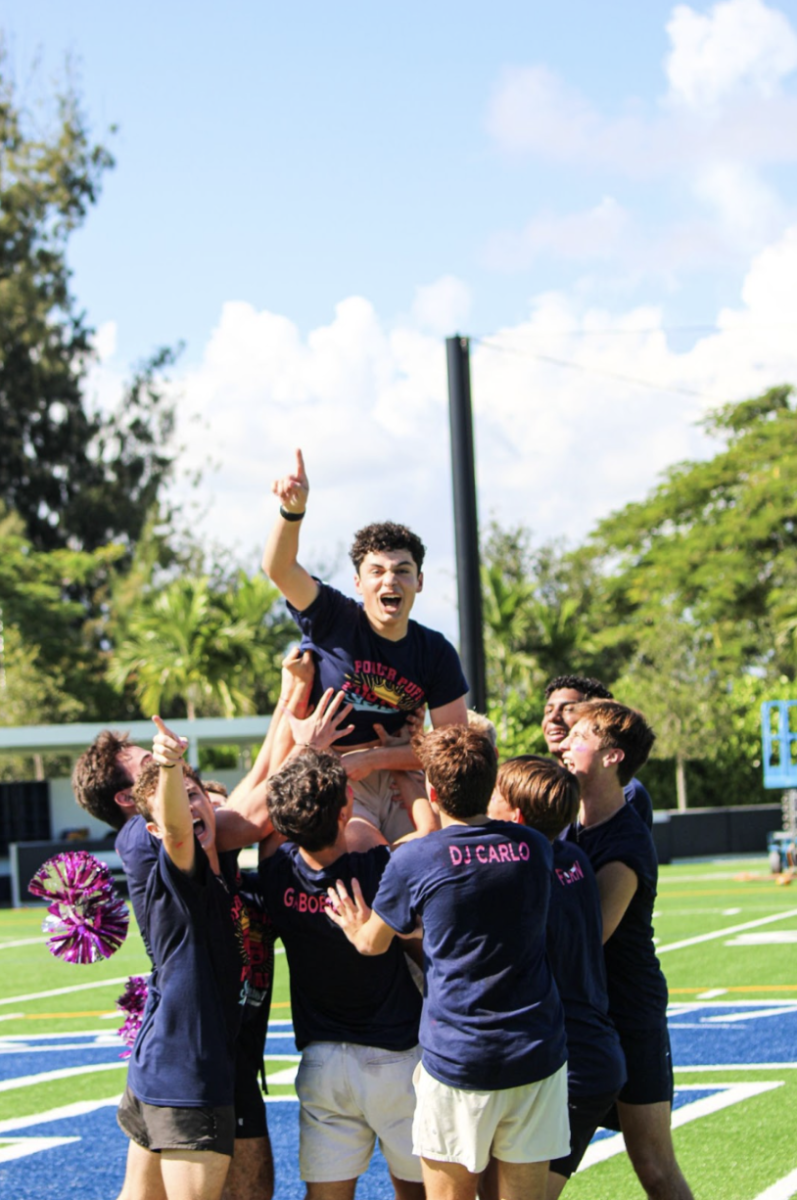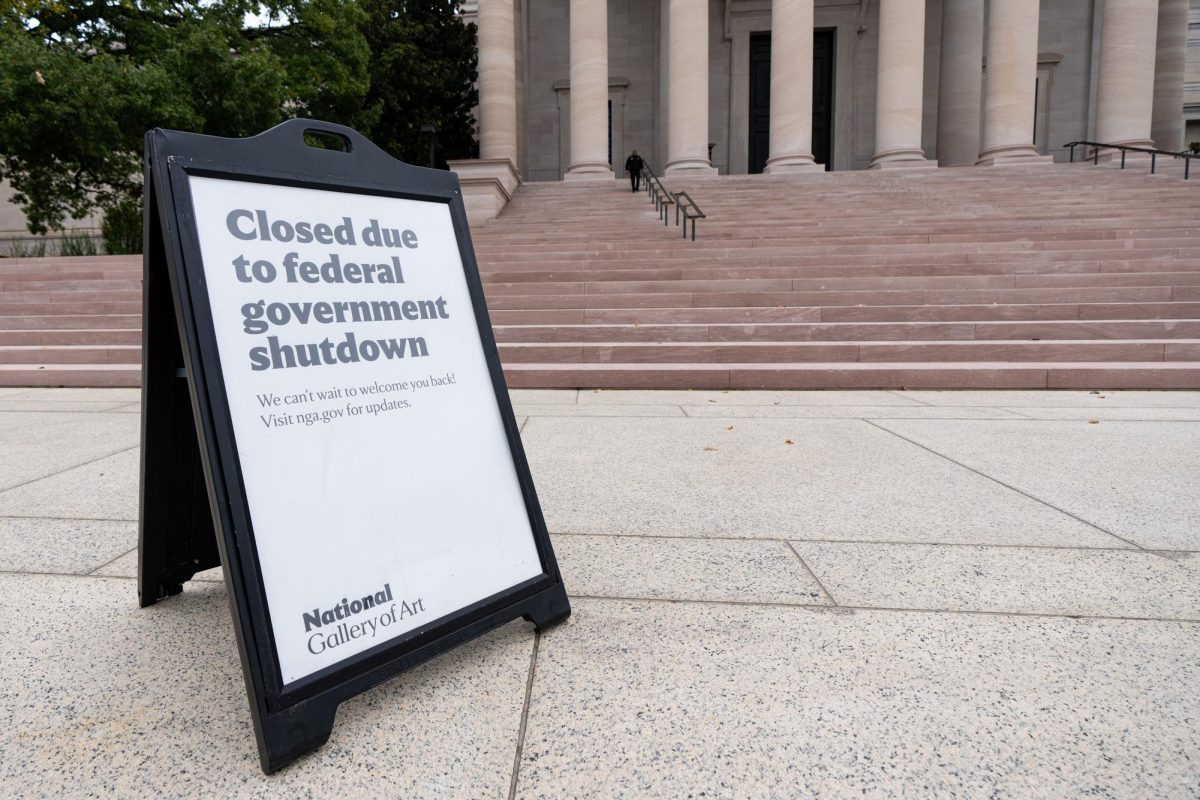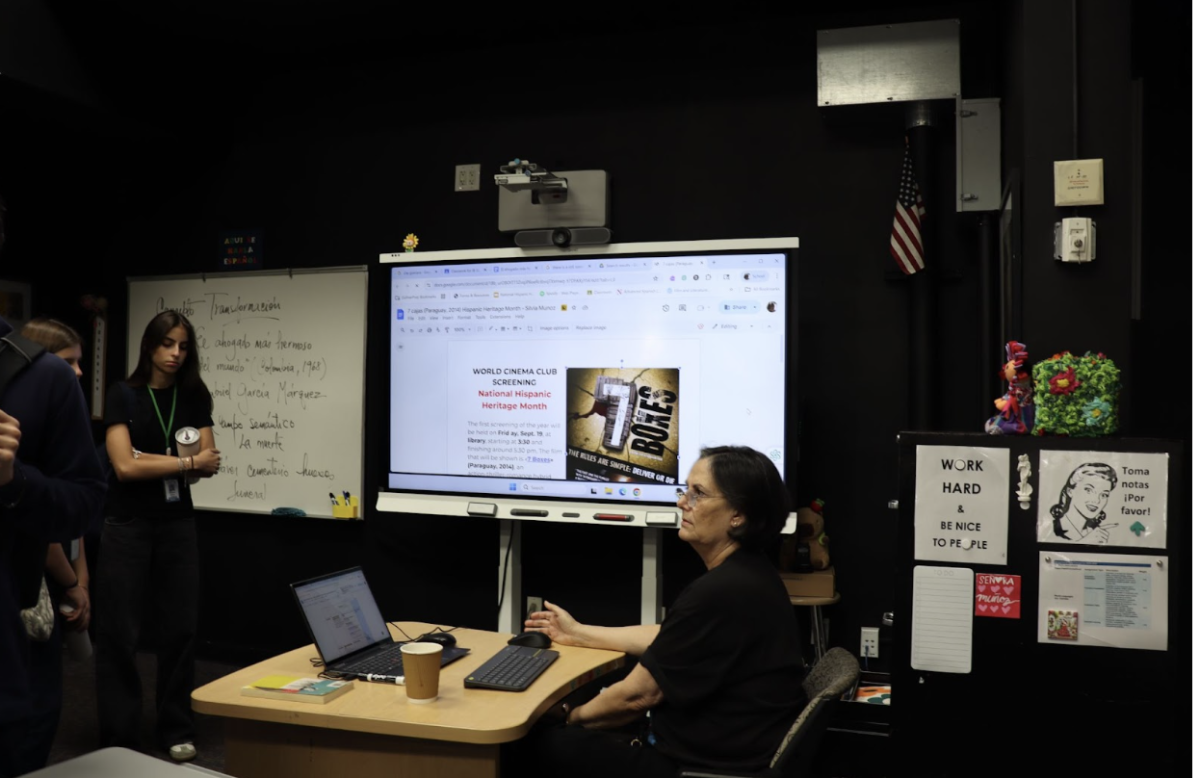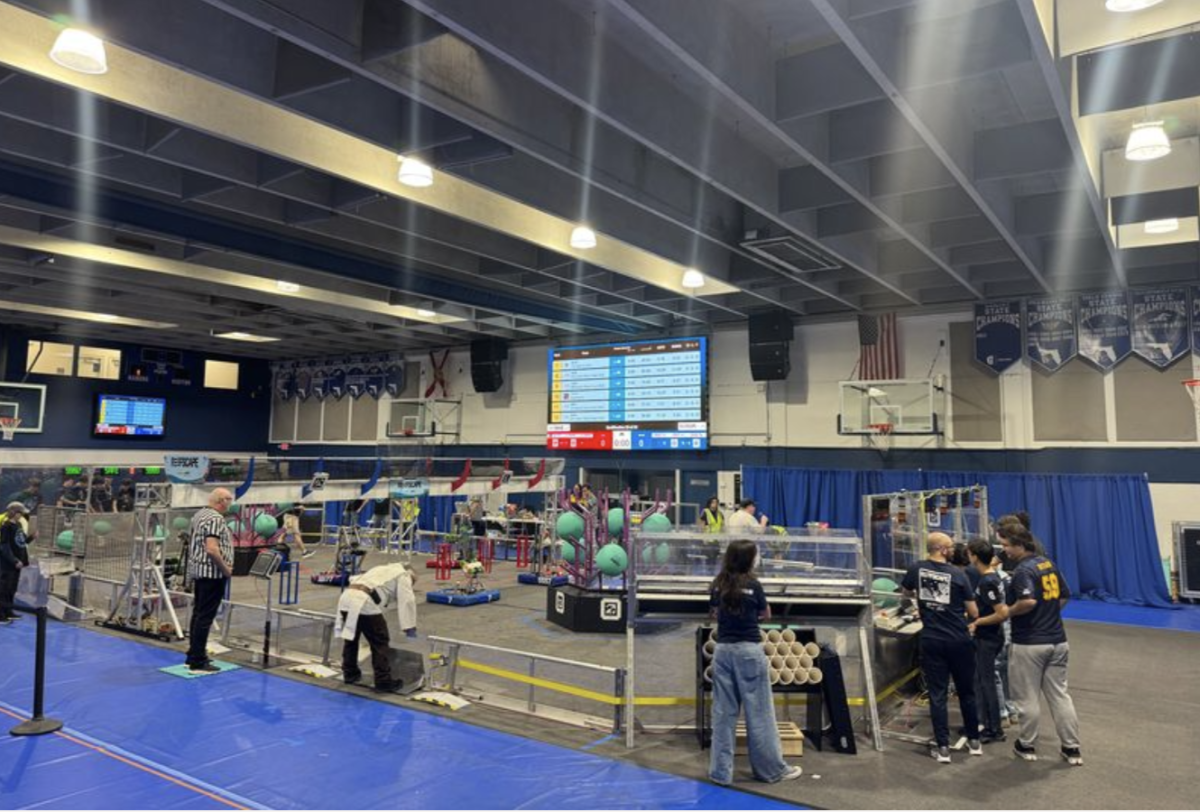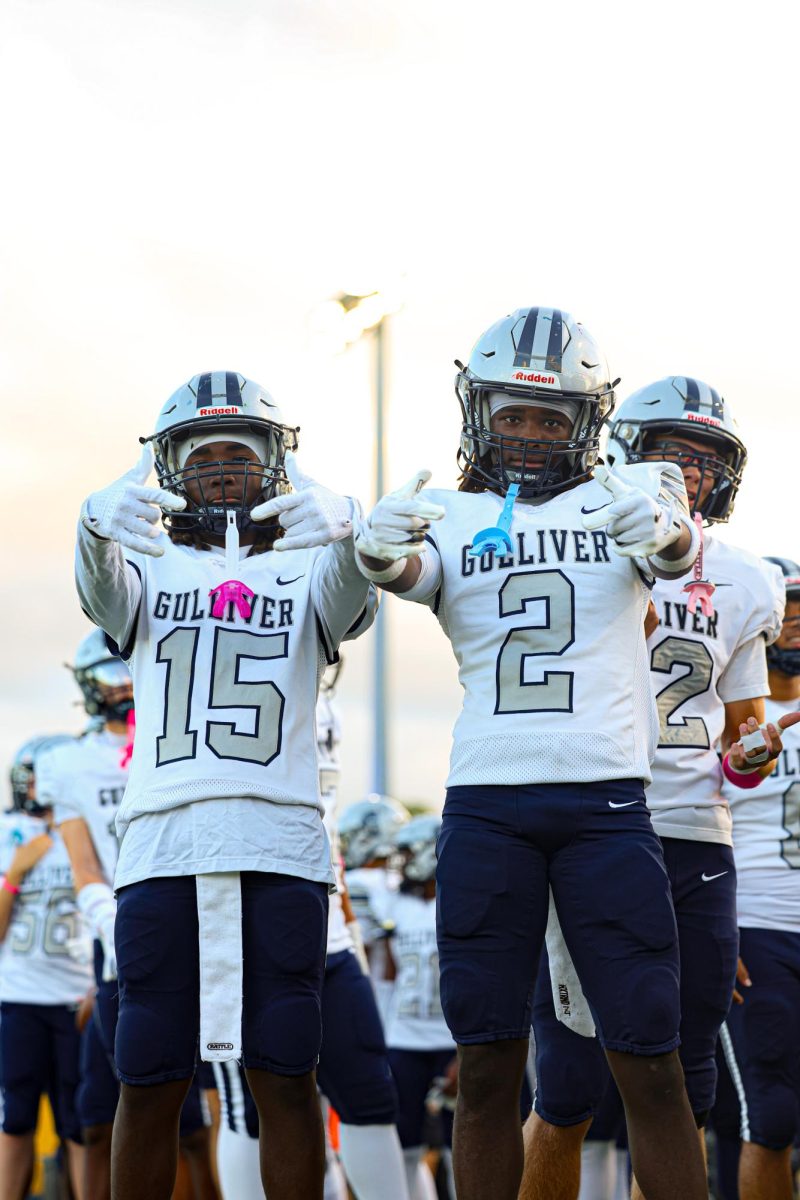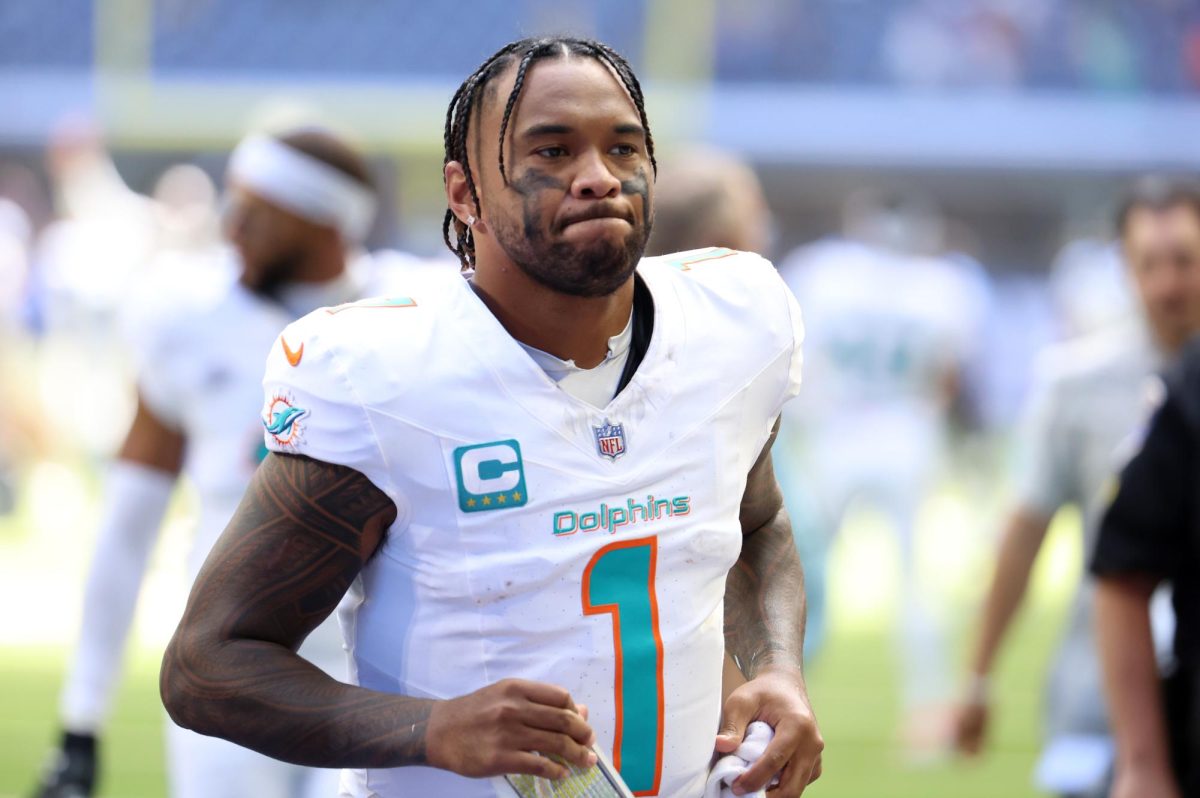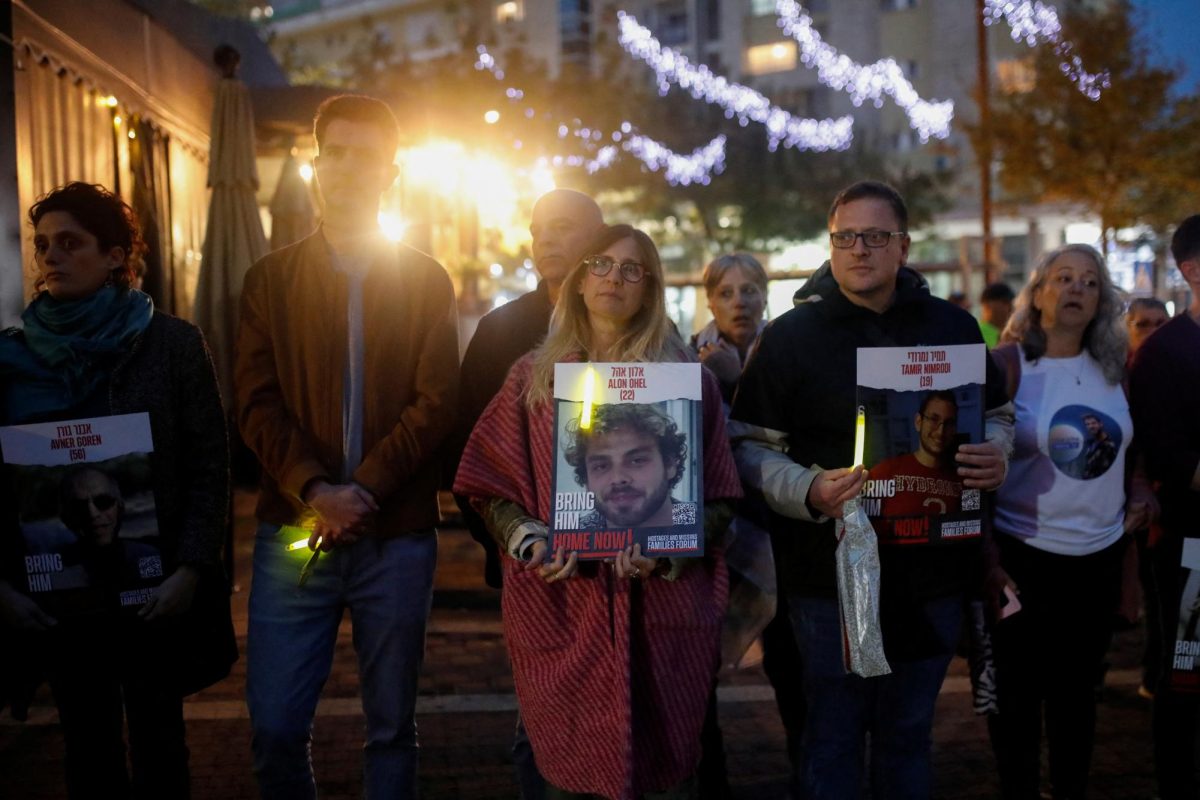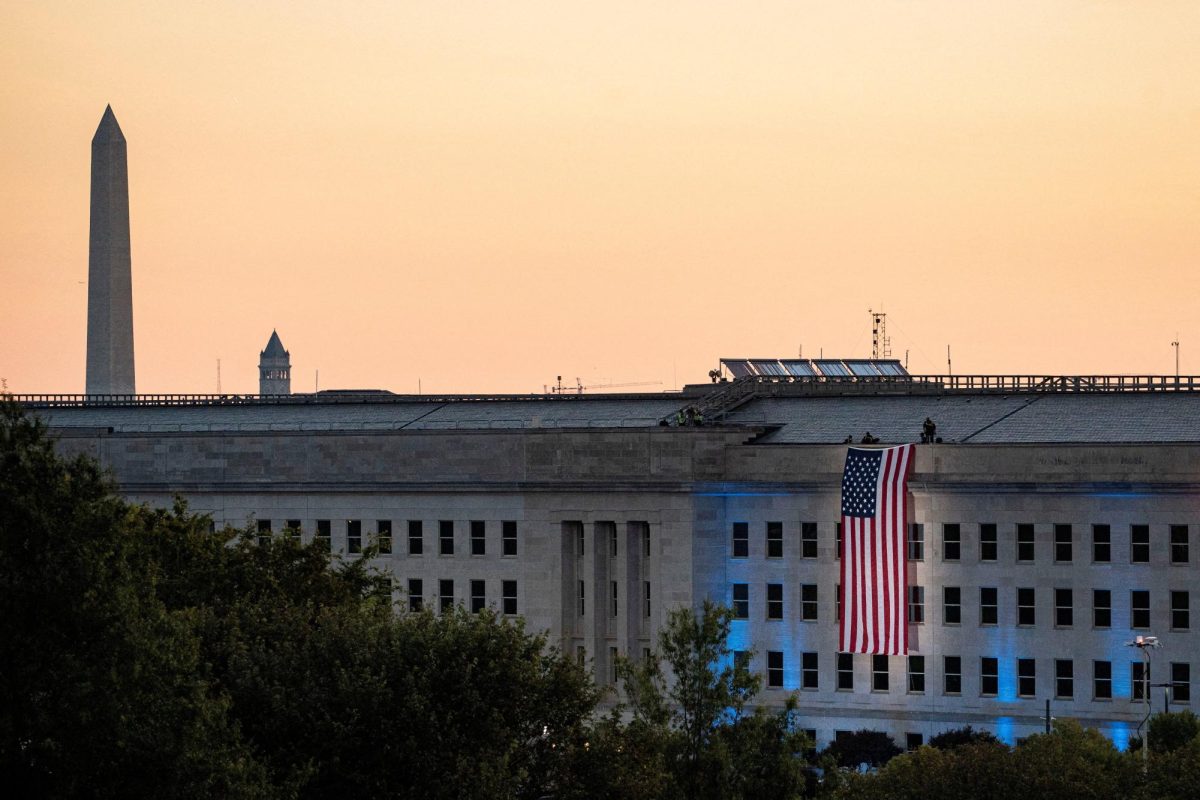For many students, going to college means moving away from home and exploring a different environment while experiencing a deluge of new situations and concepts. Many students hope, above all, to experience new ways of seeing the world; arguably, beyond anything else, college is a time for open and valuable discussion with others, professors and peers alike.
This brings me to one of the most notable things that I believe makes America, America: freedom of speech. On college campuses, this facet is crucial and is undoubtedly a momentous way towards oneтАЩs growth as a person who is a part of a greater world where varying perspectives exist whether one agrees with them or not.
┬аHowever, this kind of growth only happens when we keep our minds open to discussions with viewpoints different from our own. In the past, speakers at colleges and universities have been canceled for the very reason that some student bodies are intolerable to viewpoints that donтАЩt align with their own. For example, at the University of California, Davis, a fight ensued between a group in favor of the speaker and against the speaker, just because groups within the student body didnтАЩt align with the speakerтАЩs MAGA ideologies.
In cases like these, itтАЩs the intolerance of students that inhibits open discussion and, in fact, itтАЩs those students who should be attending the speakers they disagree with most. When the need to be politically correct supersedes the right to free speech, censorship ensues and progress is impeded. It doesnтАЩt matter how much we may not like a certain kind of speech: it still deserves to be protected. We should be able to sit with the discomfort that speech creates and discuss it with others, free of hostility.
WeтАЩre never going to agree with every perspective presented. Anyone who thinks so is living a fantasy. What we can do in these situations, however, is engage in a calm and civilized dialogue with perspectives differing from your own.
It is important to note, however, that while the First Amendment protects a wide expanse of speech, it does not protect the encroachment and violation of private property.
In the end, what this calls for is a greater step towards empathy for everyone. The sooner we can work towards open discourse without arguing, yelling, name calling, and everything in between, the sooner we can create a society where perspectives are heard and understood, even if they are not fully agreed with.




